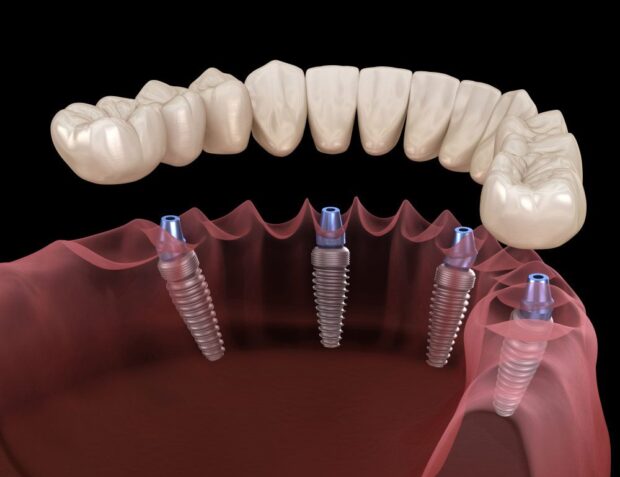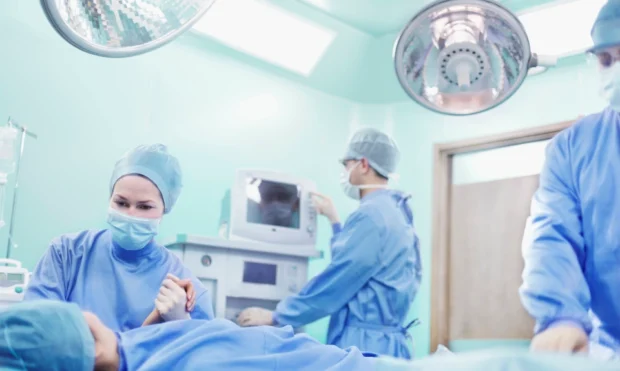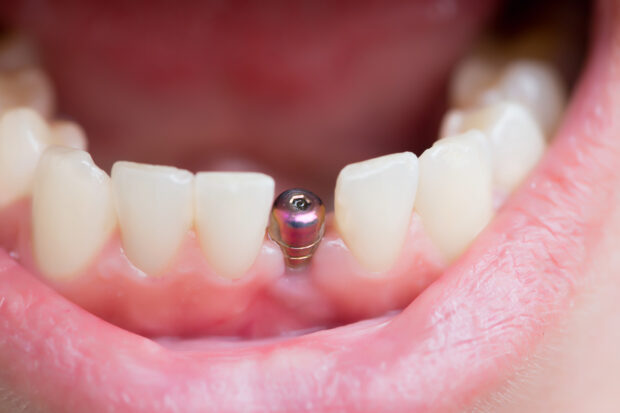If you are scheduled to have surgery, there are a few things you should do in order to make the experience as smooth as possible for both you and the medical professionals involved. Make sure you know what is required of you before the surgery and be sure to follow all of the instructions given to you. Additionally, be sure to inform your friends and family about your surgery so that they can be supportive during your time in the hospital.
The Patient’s Pre-Surgery Checklist

Patients are urged to review the following information and follow the instructions before their surgery.
The following is a checklist of items that should be reviewed by patients before their surgery:
- Review the medications that will be discontinued before surgery.
- Review any allergies to medications or procedures.
- Review any pre-existing medical conditions that may require special attention during surgery.
- Discuss any questions or concerns with your surgeon.
- Prepare a list of personal belongings that you would like to bring to the hospital.
- Arrange for someone to drive you to the hospital and relieve you as soon as possible after surgery is completed.
- Make copies of all important documents, such as insurance cards, driver’s license, health insurance cards, etc., for safekeeping.
The Surgery Day
The surgery day is a very important day for the patient. They should arrive at the hospital well rested and ready to go. The patient should bring anything they need for the surgery, such as a pillow, blanket, and snacks. The patient should also bring any paperwork they may have, such as their insurance information or consent forms.
The patient should also bring a friend or family member to be with them during the surgery. The patient should arrive earlier at the hospital. The healthcare team will prepare the patient for surgery.
What is the Treatment for Implant Surgery?

Before your procedure, make sure you understand everything you should know about dental implants, from preparation to recovery and long-term care.
- First, make sure that you have an accurate diagnosis of what is wrong with your implant. This will help ensure that the surgery is performed properly and that you receive the best possible outcome.
- Second, be sure to gather all of your medical information so that your surgeon can best prepare for the procedure.
- Make sure that you are physically and emotionally prepared for the surgery.
- Be sure to follow all of your post-operative instructions carefully.
- Ask any questions that you may have about the surgery or the recovery process.
- Finally, be sure to visit your surgeon regularly during the early post-operative period to make sure that everything is going as planned.
If you have any questions about implant surgery or the treatment process, feel free to search for dental implants in Costa Rica and Cancun.
How to Prepare for Surgery?
If you are having surgery to have a dental implant placed, there are a few things you should do before the procedure. Here are five tips to help make your surgery go as smoothly as possible:

- Make a list of all the supplies you will need including an antibiotic ointment, pain medication, and nitrous oxide. If you are taking any medications that may affect your blood pressure or heart rate, tell your doctor or dentist beforehand.
- Make sure to schedule an appointment with your dentist or doctor at least two weeks in advance of the surgery so that they can pre-form the implant and give you a post-operative care plan.
- Bring a copy of your medical records and photos of your teeth to the surgery so that the doctor or dentist can see how the implant will look in situ. They may also need to take x-rays or photographs of your teeth before and after the surgery to ensure that everything goes well.
- Drink plenty of fluids before and after the surgery to prevent dehydration and make sure to eat nutritious foods to avoid any nutritional deficiencies.
- Let your doctor or dentist know if you have any pre-existing conditions, such as diabetes or high blood pressure, that may affect your surgical outcome.
Recovery Tips
There is no one-size-fits-all answer to this question, as the best approach for recovering from implant surgery may vary depending on the individual’s specific circumstances. However, some tips that may be helpful for many patients include:
- Make a list of your goals for post-operative recovery and make sure to keep track of how you are progressing. This will help you stay motivated and ensure that you are taking the necessary steps to achieve your goals.
- Follow the instructions given by your healthcare provider carefully. This will ensure that you are taking the necessary steps to recover from implant surgery in a safe and timely manner.
- Avoid excessive physical activity right after surgery until you have had a chance to fully recover. Instead, focus on resting and using gentle exercise therapy as tolerated.
- Drink plenty of fluids throughout the post-operative period to help reduce swelling and discomfort. Avoid drinking alcohol, caffeine, or any other substances that could further increase swelling or irritation.
- Allow yourself plenty of time to heal properly following surgery; do not rush the process in order to return to work or activities as soon as possible. This will only lead to complications down the road.
Conclusion

Before any surgical procedure, it is important for the patient to understand their specific risks and what they can do to minimize those risks. The patient should also be made aware of the various types of surgery available and which might be best suited for them. Additionally, during preoperative preparation, patients should make sure they are well-hydrated, eat a balanced diet and avoid drinking alcohol or caffeinated beverages. Patients should also have all of their necessary medical paperwork handy in order to speed up the process after surgery.




